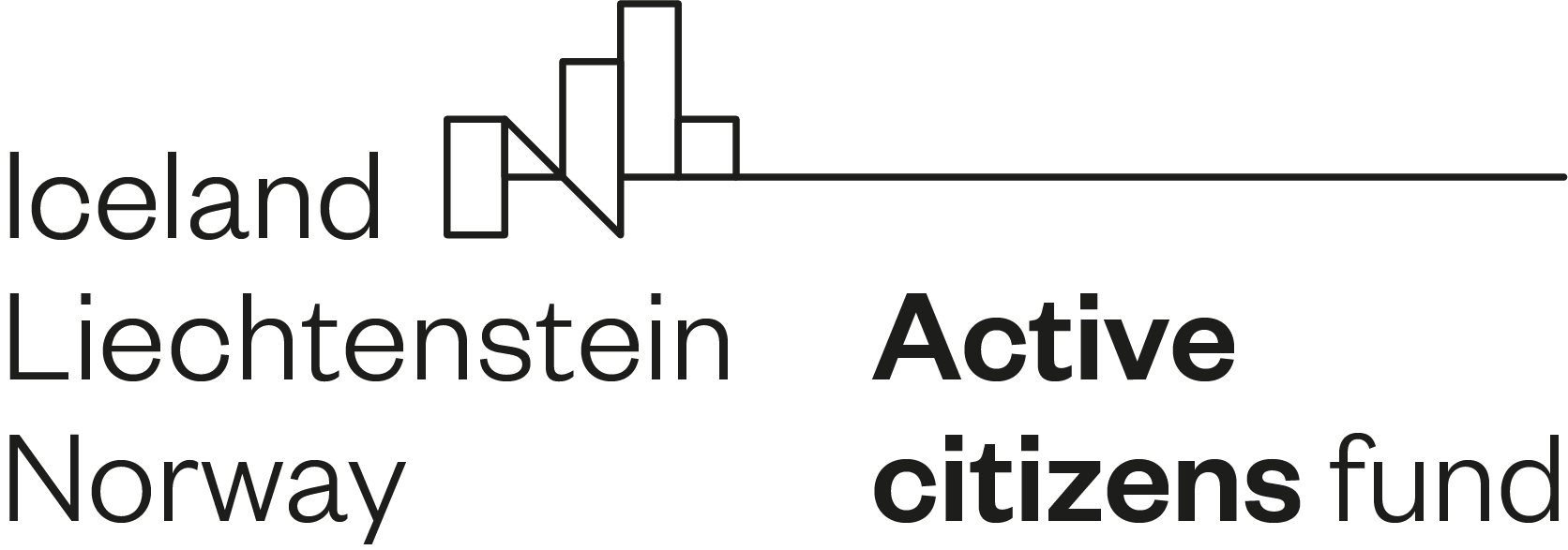3.8 billlion euros. That is the sum that negotiatiors have agreed upon. Of that, 10 percent usually go toward the civil society fund (Active Citizens Fund).
The suggested sum is an increase of approximately €1 billion from the previous period from 2014 to 2021.
Just as in the previous funding period, the funds will be allocated to the EU’s 15 least economically advanced countries.
Bilateral cooperation remains integral to the EEA grants and will be continued in the new funding period. This period will emphasize democracy and human rights, and increase support for civil society.
Before the agreements can take effect, they must be approved by several institutions: The Storting (Norwegian parliament), the other EEA countries, including the 27 EU member states through the European Parliament by majority and the Council of the European Union unanimously.
The most significant potential road block for the process is the requirement for unanimous approval by the Council.
The aim is to implement the agreements during the first half of 2024, but the start date of the new funding period is still uncertain.
